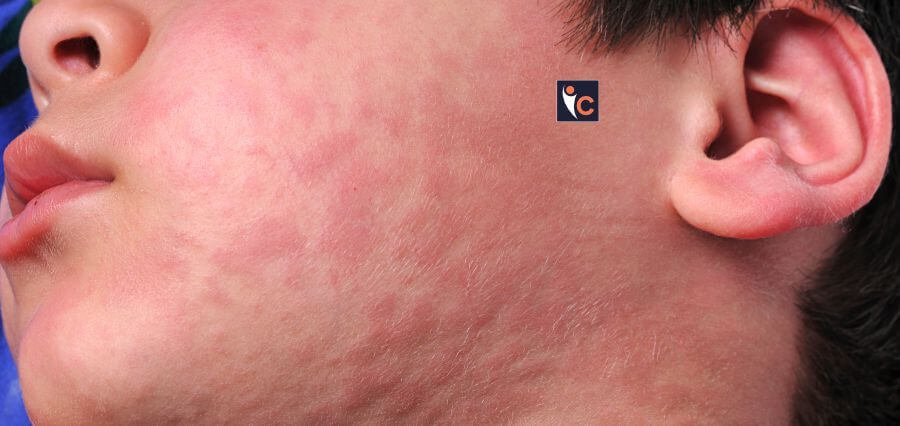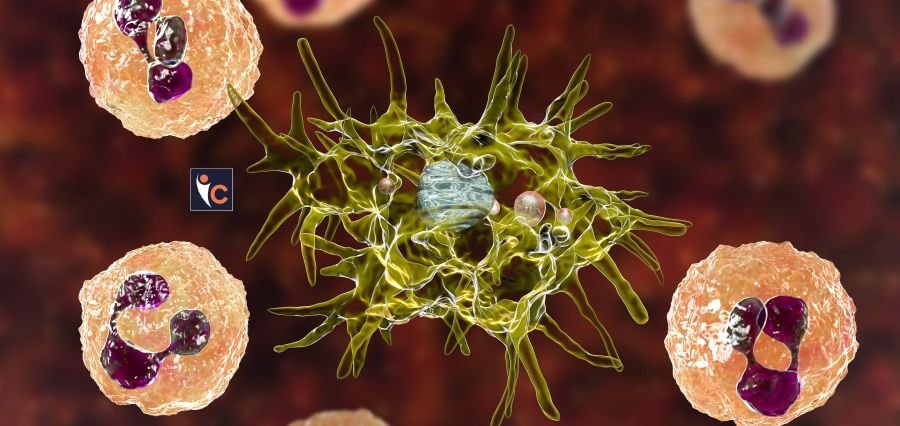Mumps is a highly contagious viral infection, and hospitals in the National Capital are seeing an increase in cases. The Indian Express said that in the past two months, five to six cases of complications from the mumps had been reported by local hospitals.
Experts believe that a significant contributing factor to the surge may be a decline in immunization rates brought on by the Covid epidemic. The majority of patients, according to the research, are between the ages of 6-7. Young adults between the ages of 18 and 25 are reportedly presenting to hospitals with mumps symptoms as well. While the virus seems to be spreading in Delhi and the National Capital Region (NCR), there have been an increase in pediatric mumps cases in Andhra Pradesh, Kerala, Telangana, and Maharashtra in recent months.
“The rise in mumps cases in Bangalore is concerning, with 1-2 cases reported weekly. Mumps, a contagious viral infection, presents symptoms like swollen salivary glands, fever, and headache. Early signs include fatigue and loss of appetite. Precautions such as frequent handwashing and avoiding close contact with infected individuals are crucial. The main cause is viral transmission through respiratory droplets. Vaccination, while not foolproof, remains the best preventive measure,” Dr Nidhin Mohan, Consultant Internal Medicines, Narayana Health City, said.
In the meantime, more than 15,000 instances of mumps have been documented between January and March of this year, according to data from the Health Ministry.
The mumps virus, which is part of the paramyxovirus family of viruses, is the cause of this extremely common disease. The glands on either side of the face are typically affected by mumps, according to the Mayo Clinic. These are the parotid glands, which secrete saliva. There may be tenderness or pain when the glands swell.
According to the Centers for Disease Control and Prevention (CDC), fever, headache, sore muscles, exhaustion, and appetite loss typically accompany the viral illness for a few days. Tender, swollen jaws and puffed cheeks are the results of the infection. Vaccination has significantly decreased the number of mumps cases, although outbreaks sometimes happen. The range of sickness, according to Dr. Satish Koul, Senior Director & Unit Head, Internal Medicine, Fortis Memorial Research Institute, Gurugram, is from a subclinical infection to severe meningoencephalitis. There is a seasonal variation in mumps cases that has been identified in several different nations.
Read More: Click Here





